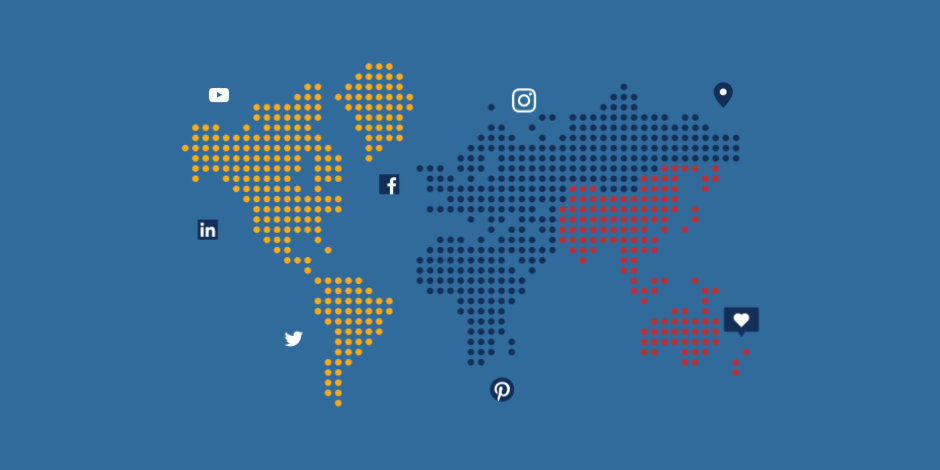A substantial number of adolescents are not abiding by the social distancing guidelines put forth by health experts during the COVID-19 outbreak. And because of that, a research group at the University of Cambridge turned to online mass media in hopes of identifying if its influence could alter risk-taking attitudes.
In a recent study, published in the peer-reviewed journal Trends in Cognitive Sciences, researchers at Cambridge focused on studying the difficulty of young people adhering to the measures implemented by health officials.
Adolescents usually align with behavior associated with peers and may be prone to particularly negative effects when restricted from social interaction.
“Adolescents look to their peers to understand social norms, and align their behaviour with the group they want to belong to. The speed and extent of peer influence online is likely to amplified, because social media has such a wide and immediate reach,” said Sarah-Jayne Blakemore, the study’s lead author.
Whether it be immoral or compassionate behavior, young people are more likely to be swayed to act in either form based on their observation of others.
According to researchers, influencers on social networking sites, commonly referred to as social media influencers, could serve as motivational figures in helping to implement social distancing measures.
On the video-sharing platform YouTube, many content makers have already uploaded public health advice for all sorts of audiences, including adolescents. And researchers say, this content could be very effectual in persuading the onset of risk-taking attitudes.
“The advantage of social media influencers is that the motivation for social distancing comes naturally from the young people themselves. Influencers could post videos or photos online, for example, showing how they are following social distancing rules by staying at home, and add tags to increase their visibility through sharing and Likes,” Blakemore explains.
“Many YouTubers are already doing this. It’s really just presenting public health advice in a more accessible way that adolescents are more likely to listen to.”
Overall, the new paper provides strong reassurance as to the effectiveness of social media influencers in making sure all adolescents are adhering to the strict guidelines by health officials in the wake of the recent coronavirus outbreak.


